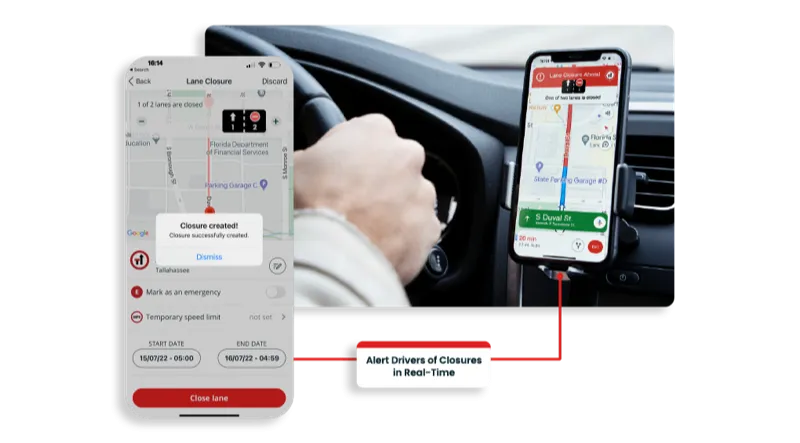The group will consider all communicating entities when defining requirements and methods for the implementation of functions of future cooperative automated vehicles (CAVs). The definitions will consider the ISO 26262 as well as norms from all other industry domains and shall be the base for future standards of CAVs.
During the Car2Car week in March 2018, the group will align its work programme with other technical and functional working groups of the Consortium.
Car2Car establish group to support cooperative automated driving
Car2Car Communication Consortium has established a functional safety group with the intention of enabling the next innovations towards cooperative automated driving. These vehicles will assume more responsibilities from the driver causing the consideration of functional safety aspects including ad-hoc short-range communication ITS-G5 for overcoming related potential safety risks. The group will consider all communicating entities when defining requirements and methods for the implementation of functions of
February 23, 2018
Read time: 1 min










